Simply the Biggest AI Prompts Directory Specialized in Product Design and Innovation

Welcome to the world’s largest AI prompts directory dedicated to advanced product design, engineering, science, innovation, quality, and manufacturing. While online AI tools are rapidly transforming the engineering landscape by augmenting human capabilities, their true power is unlocked through precise and expertly crafted instructions. This comprehensive directory provides you a collection of such prompts, enabling you to command AI systems that can process vast amounts of data, identify complex patterns, and generate novel solutions far more efficiently than traditional methods.
Discover and fine tune the exact prompts needed to leverage online AI agents for optimizing your designs for peak performance and manufacturability, accelerating complex simulations, accurately predicting material properties, and automating a diverse range of critical analytical tasks.
The advanced search filters allow fast access to this extensive directory and cover the full spectrum of modern engineering.
Given the server resources and time, the prompts themselves are reserved to registered members only, and not visible below if you are not logged. You can register, 100% free:
- Code Generation and Debugging
AI Prompt to MATLAB Script for 2D Truss FEA
- Analysis of Variance (ANOVA), Design for Manufacturing (DfM), Design Optimization, Engineering, Finite Element Method (FEM), Materials Science, Mechanical Engineering, Simulation, Structural Engineering
Generates a basic MATLAB script to perform a Finite Element Analysis (FEA) on a 2D truss structure. The script will take nodal coordinates, element connectivity, material properties, loads, and boundary conditions as input.
Output:
- MATLAB
- does not require live Internet
- Fields: {truss_geometry_and_properties_json} {load_and_boundary_conditions_json}
- Best for: Generating a foundational MATLAB script for 2D truss analysis, useful for educational purposes or as a starting point for custom FEA tools.
- Data Generation or Augmentation
AI Prompt to Create Construction Schedule Variations
- Agile Methodology, Building Information Modeling (BIM), Construction Engineering, Lean Manufacturing, Project Management, Risk Analysis, Risk Management
Generates multiple plausible variations of a construction schedule by introducing delays or accelerations to activities based on specified risk factors and their potential impacts. Helps in Monte Carlo simulations or risk analysis.
Output:
- CSV
- does not require live Internet
- Fields: {baseline_schedule_csv_activities_durations_dependencies} {risk_event_descriptions_and_potential_impacts_on_duration} {number_of_scenario_variations}
- Best for: Generating data for schedule risk analysis, Monte Carlo simulations, and contingency planning.
- Information Extraction
AI Prompt to Extract Material Properties from Text
- Additive Manufacturing, Composite Materials, Composites, Design for Additive Manufacturing (DfAM), Materials, Mechanical Properties, Product Design, Product Development, Sustainability Practices
Extracts specified material properties for given materials from a block of unstructured text like a report or specification. This helps in quickly populating material databases or creating comparison sheets without manual searching.
Output:
- JSON
- does not require live Internet
- Fields: {document_text} {list_of_materials_and_their_properties_to_find}
- Best for: Populating material databases or comparison sheets from unstructured text, saving manual effort.
- Data Generation or Augmentation
AI Prompt to Create Synthetic Soil Bearing Capacity Data
- Civil Engineering, Construction Engineering, Design for Sustainability, Design Optimization, Environmental Impact Assessment, Geotechnics, Materials Science, Quality Control, Structural Engineering
This prompt generates synthetic soil bearing capacity data based on input soil parameters {soil_properties_json}. The AI should produce a JSON array with multiple data points showing allowable bearing capacity values under varied depths and footing sizes for civil engineering foundation design.
Output:
- JSON
- does not require live Internet
- Fields: {soil_properties_json}
- Best for: Best for creating varied soil bearing capacity datasets for foundation design.
- Information Extraction
AI Prompt to Identify Key Structural Design Codes Cited
- Civil Engineering, Construction Engineering, Design Analysis, Design Documentation, Design for Manufacturing (DfM), Design for Sustainability, Quality Assurance, Quality Management, Structural Engineering
This prompt scans through the provided civil engineering document text {document_text} to identify and list all references to structural design codes (e.g., ACI, Eurocode, IS codes), including version/year if available. The AI must list codes uniquely and give a brief description of their scope if known.
Output:
- Markdown
- does not require live Internet
- Fields: {document_text}
- Best for: Best for extracting references to design standards from technical documents.
- Troubleshooting and Diagnostics
AI Prompt to Troubleshoot Heat Exchanger Efficiency Loss
- Corrosion, Efficiency, Heat Treatment, Leak Detection, Maintenance, Process Improvement, Process Optimization, Quality Control, Quality Management
This prompt evaluates heat exchanger operational data and symptoms to diagnose causes of efficiency loss. The AI provides a markdown report outlining potential issues like fouling, leaks, or flow maldistribution with corrective recommendations.
Output:
- Markdown
- does not require live Internet
- Fields: {heat_exchanger_data} {symptoms_description}
- Best for: Diagnose and address heat exchanger performance problems
- Troubleshooting and Diagnostics
AI Prompt to Troubleshoot Distillation Column Anomalies
- Chemical Recycling, Continuous Improvement, Failure Mode and Effects Analysis (FMEA), Process Improvement, Process Optimization, Quality Management, Root Cause Analysis, Statistical Process Control (SPC)
This prompt takes detailed operational parameters and symptoms related to a distillation column and generates a structured diagnostic report identifying likely malfunctions, their causes, and recommended fixes.
Output:
- Markdown
- does require live Internet
- Fields: {operational_parameters} {symptoms}
- Best for: Identify and fix distillation column issues efficiently
- Troubleshooting and Diagnostics
AI Prompt to Diagnose Reactor Performance Issues
- Continuous Improvement, Corrective Action, Failure Mode and Effects Analysis (FMEA), Process Improvement, Process Optimization, Quality Control, Quality Management, Root Cause Analysis, Statistical Process Control (SPC)
This prompt helps diagnose common reactor performance problems by analyzing user-provided operational data and observed symptoms. The AI outputs a prioritized list of probable root causes along with suggested diagnostic tests or corrective actions.
Output:
- Markdown
- does require live Internet
- Fields: {operational_data} {symptoms_list}
- Best for: Systematic diagnosis of reactor malfunctions
- Hypothesis Generation
AI Prompt to Generate Hypotheses from Literature Summary
- Additive Manufacturing, Chemical Recycling, Continuous Improvement, Environmental Impact Assessment, Innovation, Process Optimization, Research and Development, Sustainability Practices, Sustainable Development
This prompt ingests a user-provided summary of recent literature on a chemical engineering topic and generates a list of potential hypotheses for further research, highlighting gaps or inconsistencies discovered. The output is a JSON array with hypothesis statements and supporting notes.
Output:
- JSON
- does not require live Internet
- Fields: {literature_summary}
- Best for: Discover new research directions from literature analysis
- Hypothesis Generation
AI Prompt to Suggest Novel Process Optimization Hypotheses
- Continuous Improvement, Design for Sustainability, Efficiency, Innovation, Lean Manufacturing, Process Improvement, Process Optimization, Quality Management, Sustainability Practices
This prompt takes a brief description of a chemical process and suggests innovative, testable process optimization hypotheses that could improve efficiency, yield, or sustainability. The output is a markdown report detailing each hypothesis with rationale and expected benefits.
Output:
- Markdown
- does not require live Internet
- Fields: {process_description}
- Best for: Generate innovative ideas for process improvement
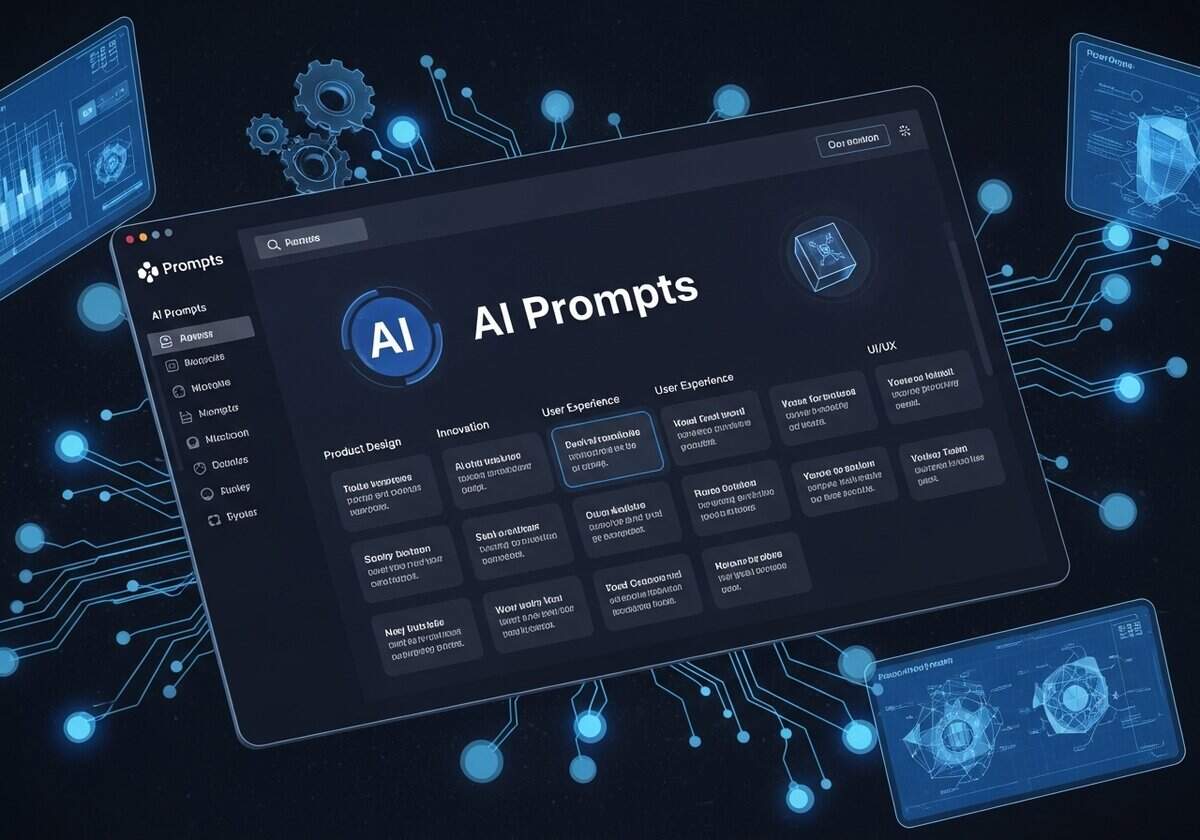



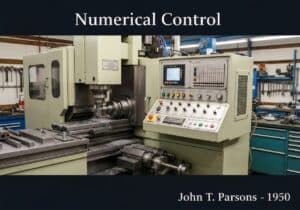
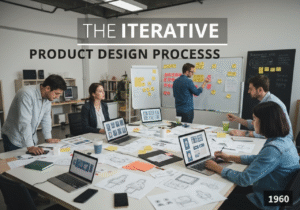
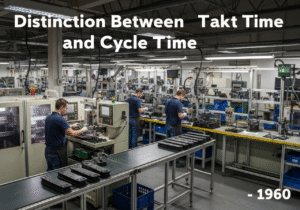


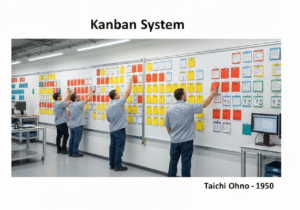




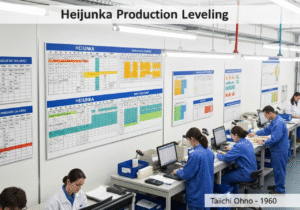
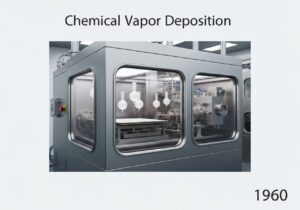















No one discussing the potential bias in AI selection for these directories? AI isnt immune to prejudices, folks.